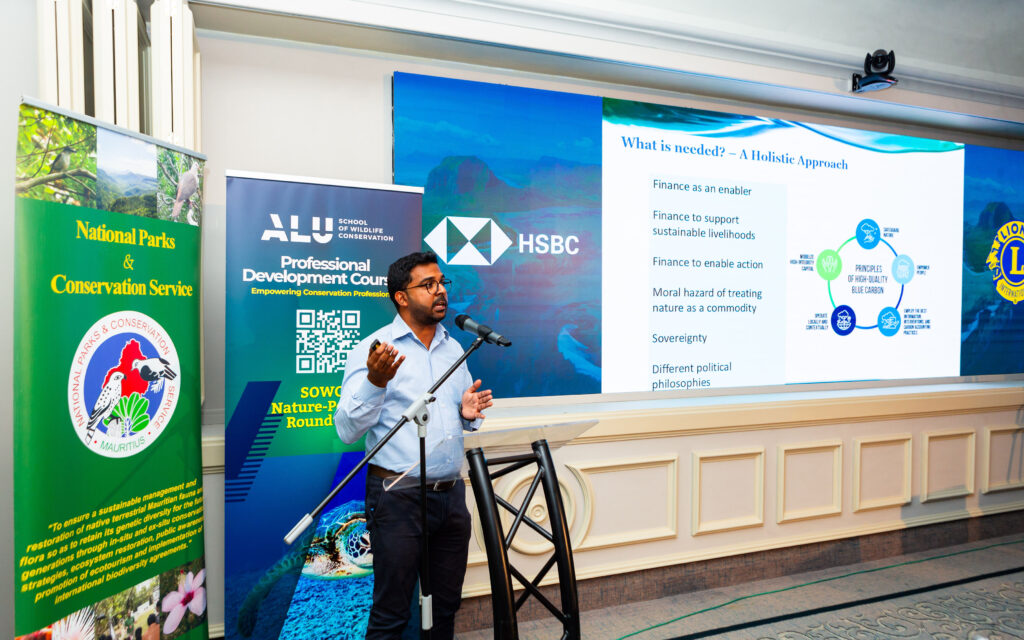
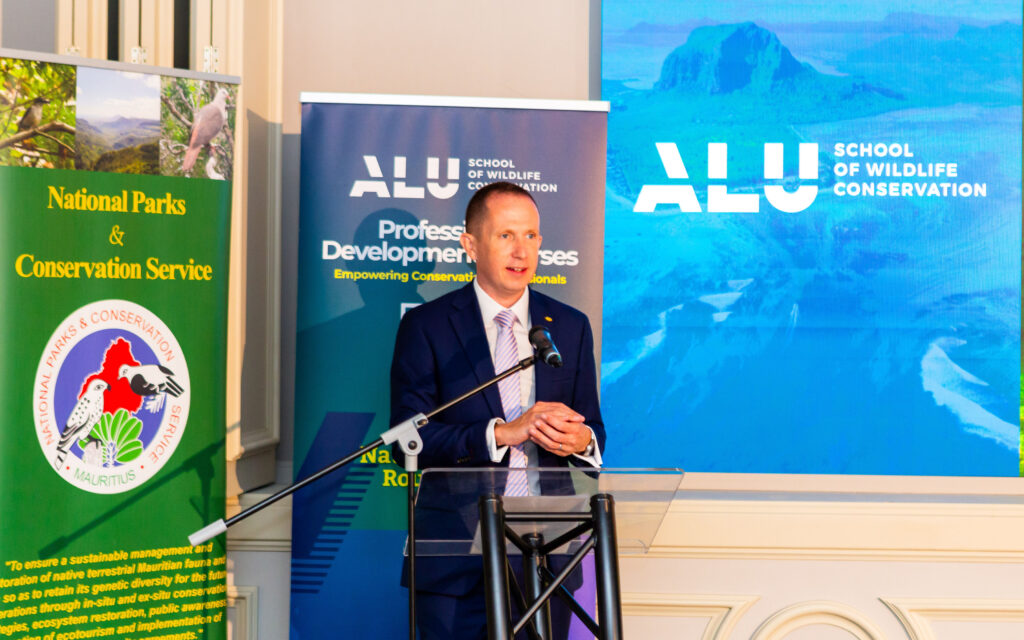
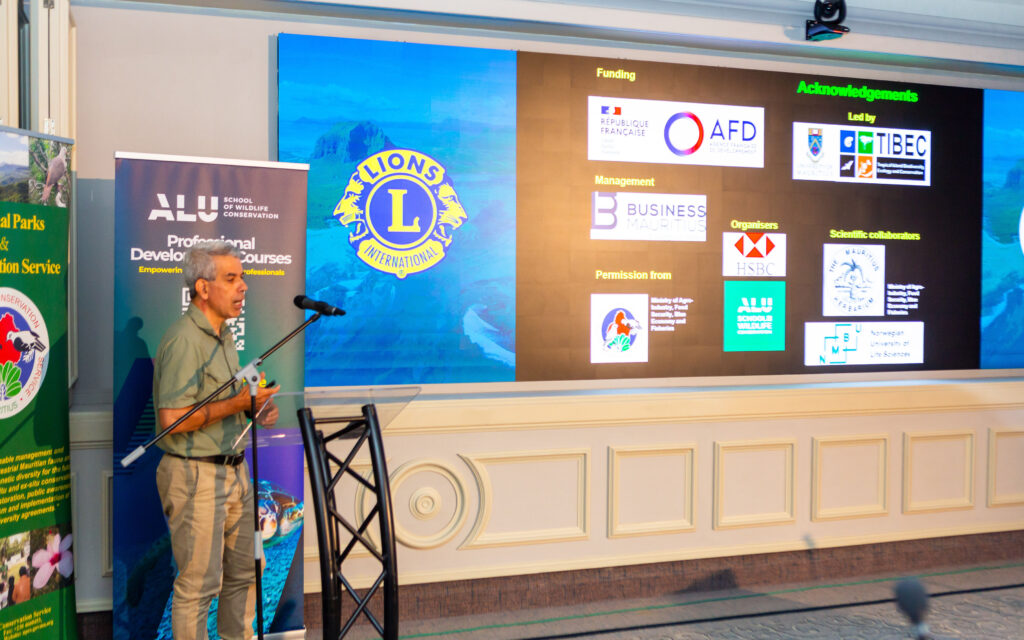
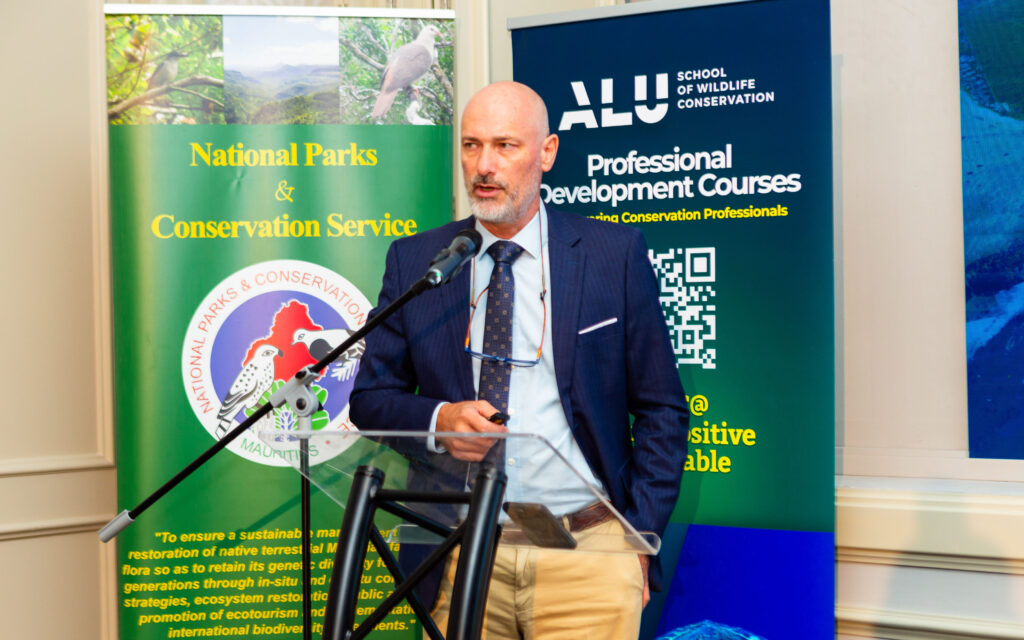
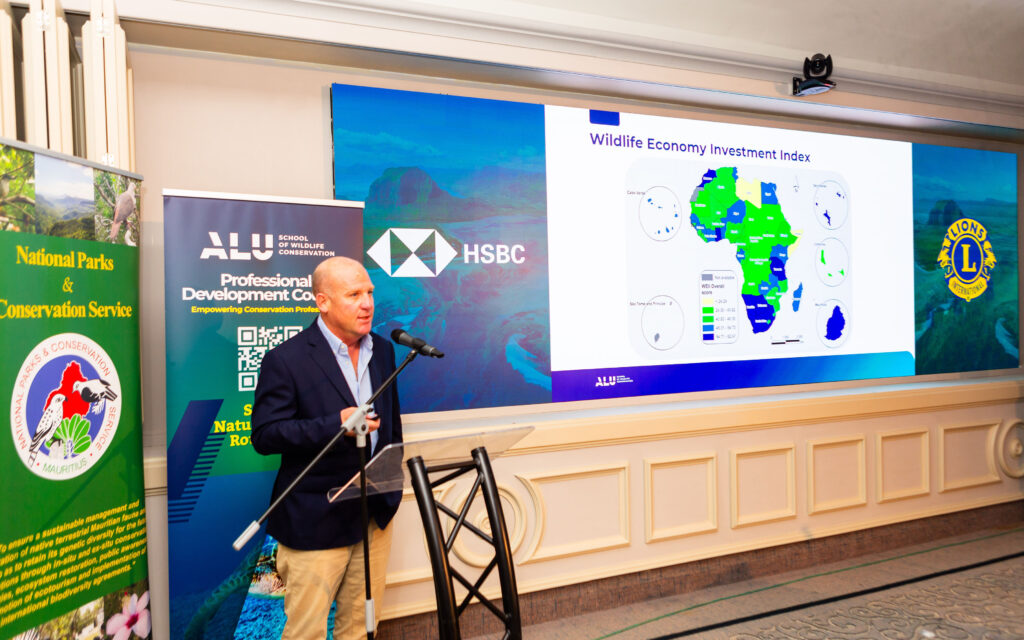
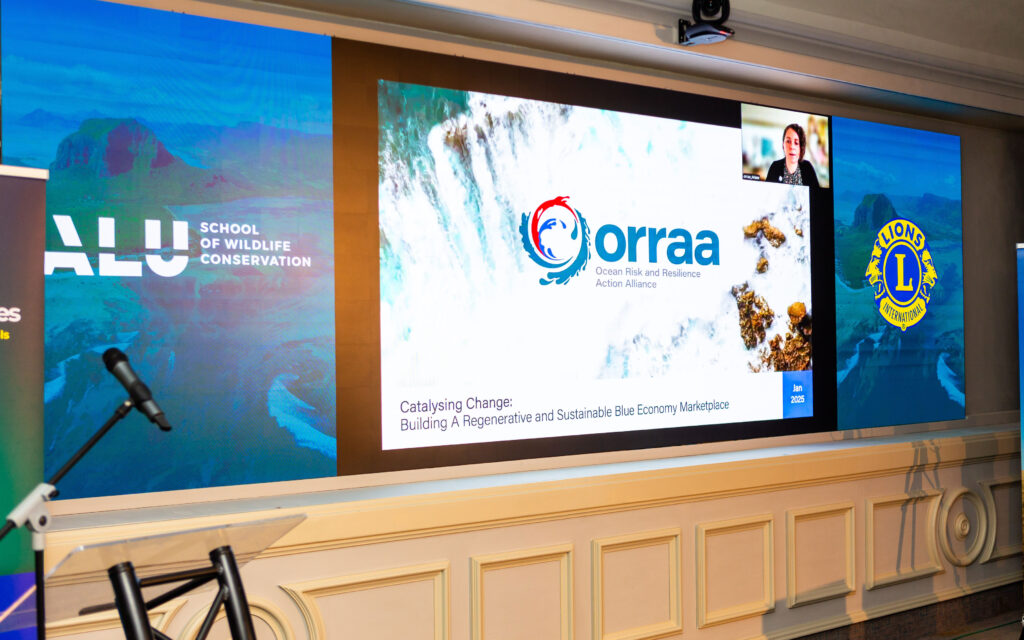

There is at present neither a voluntary nor a mandatory compliance carbon market in Mauritius.
There is also the wider context of standards on Climate (e.g. Net Zero) and on Nature (TNFD principles, EU deforestation regulations) being rapidly imposed globally through market and regulatory pressures in/from major economies. Companies and economies across the world, including in the Global South, are increasingly forced to align to remain competitive.
Independently of global market and regulatory pressures, the growing negative impacts of climate change are threatening key economic sectors in Mauritius. Coastal erosion is becoming acute and is accelerating. It has become a mortal threat for beach tourism, a vital industry for Mauritius in terms of revenue and employment. At the same time, important natural capital assets have been depleted such as native forests, mangroves, seagrass, tidal marshes, corals, contributing to catastrophic loss in biodiversity. Investing in these assets will help companies preserve both their long-term future and Nature.
The roundtable on 24th January 2025 therefore aims to mobilise key Government and private sector entities in Mauritius on priority Nature-based solutions.
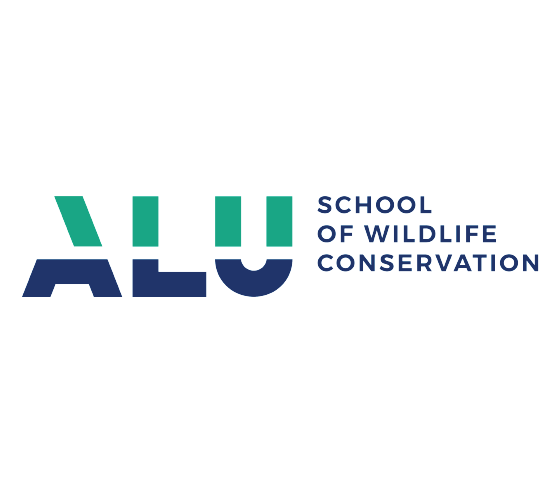

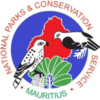

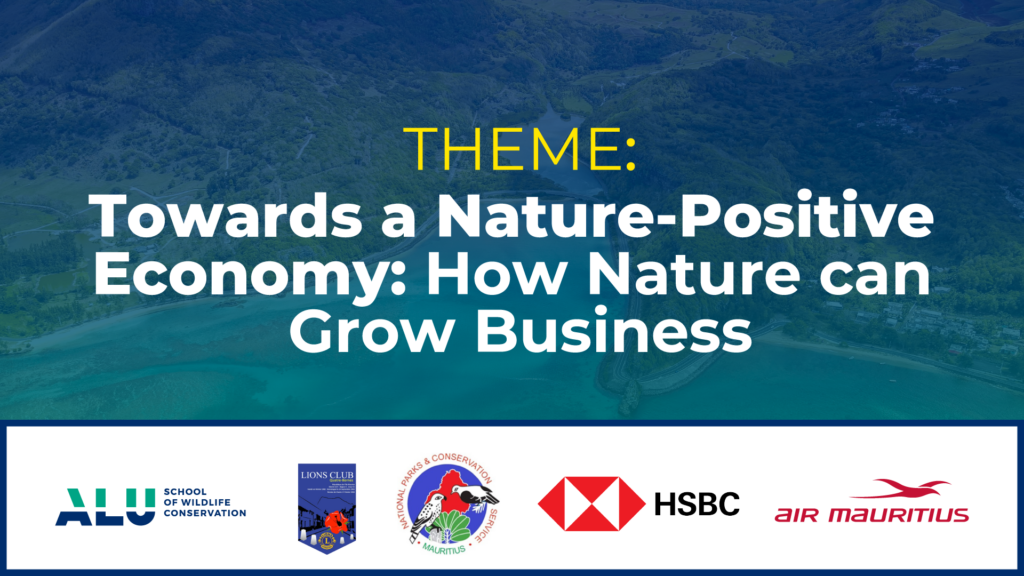
Ice Breaker/Logistics
Expert presentations to empower participants
with a common base of foundational knowledge
Plenary Discussions:
A. How can the NPCS be supported to become a supplier of high-integrity carbon offsets and high-quality biodiversity outcome certificates for corporates engaged in the transition to a net zero, nature positive future?
B. How can Mauritius be a regional platform supporting global investors keen to source high quality forest carbon offsets and land forest biodiversity outcomes from mainland Africa?
C. How can Mauritius rapidly develop the level of skills needed?
Breakout Groups
Expert presentations to empower participants with a common
base of foundational knowledge 10 mins per session
10 minutes per session
Plenary Discussions:
D. Science- and nature-based solutions to address beach erosion: local regulatory framework to ensure quality standards
E. Regional opportunities for Mauritius IFC (ex: carbon credit registry) in Blue Carbon and Coastal Nature-based solutions
F. How to generate the local talent pool to service both points 1 and 2?
Breakout Groups
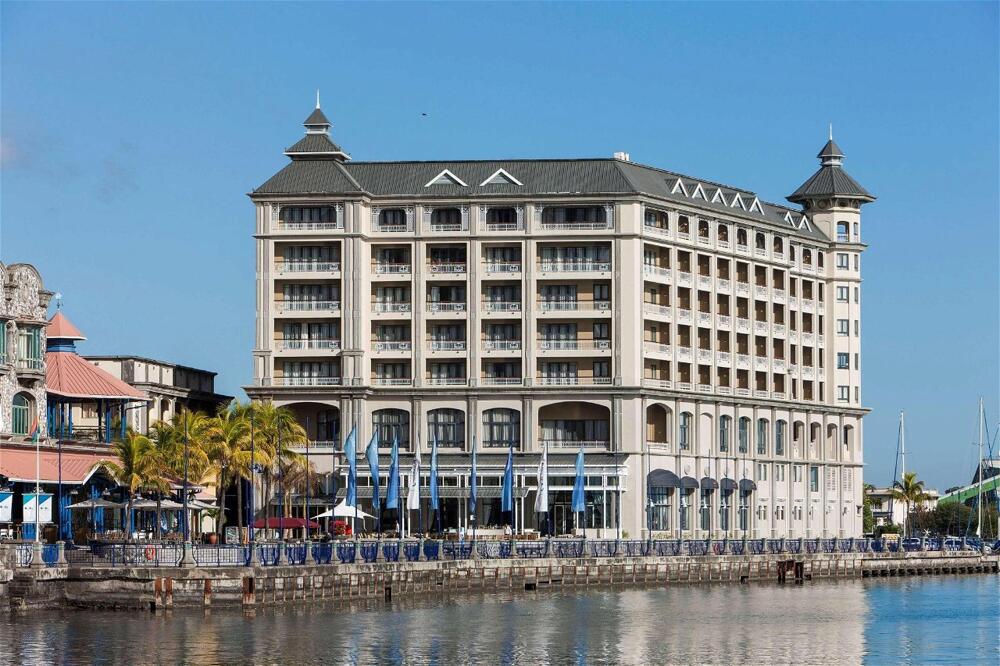
Labourdonnais Hotel
Caudan, Mauritius